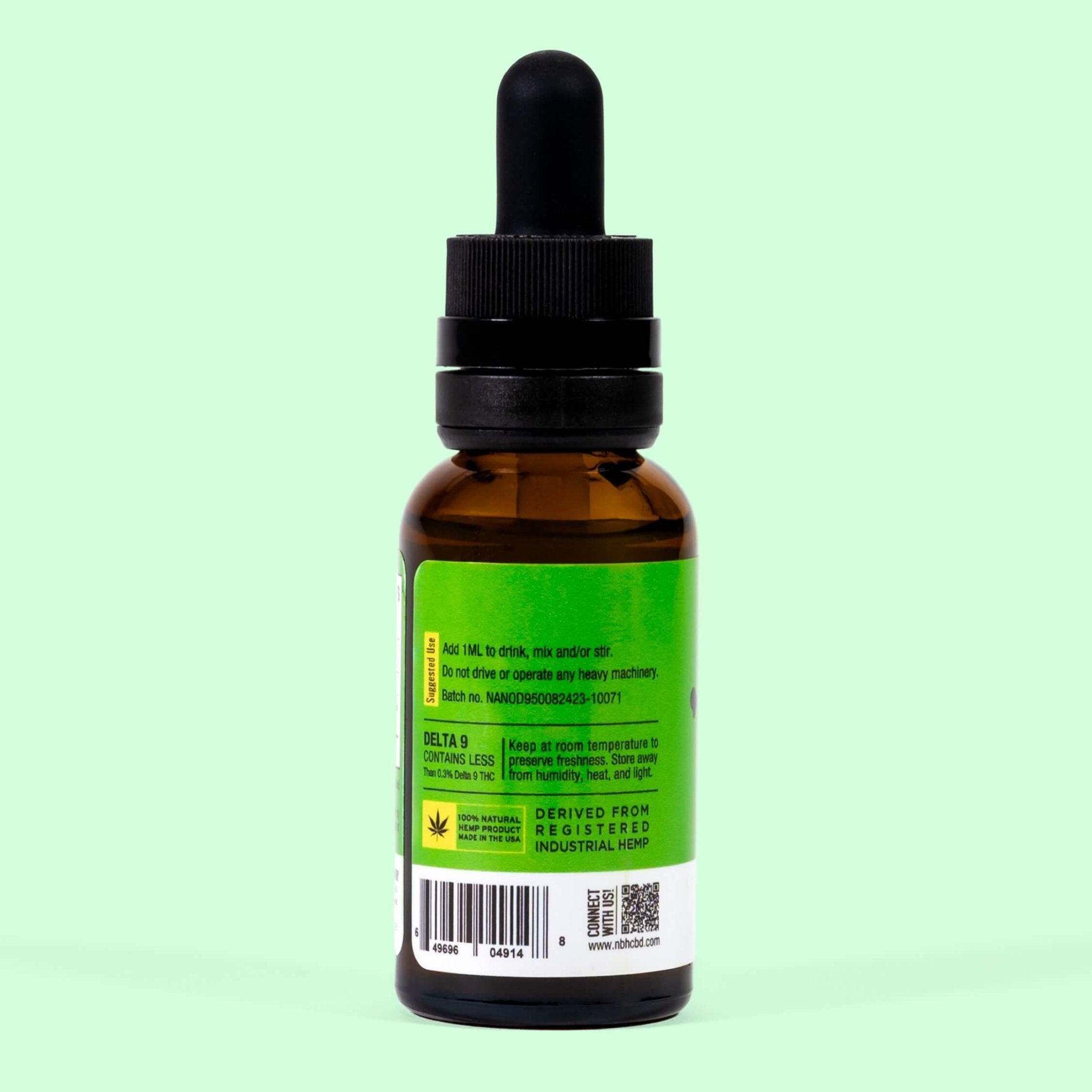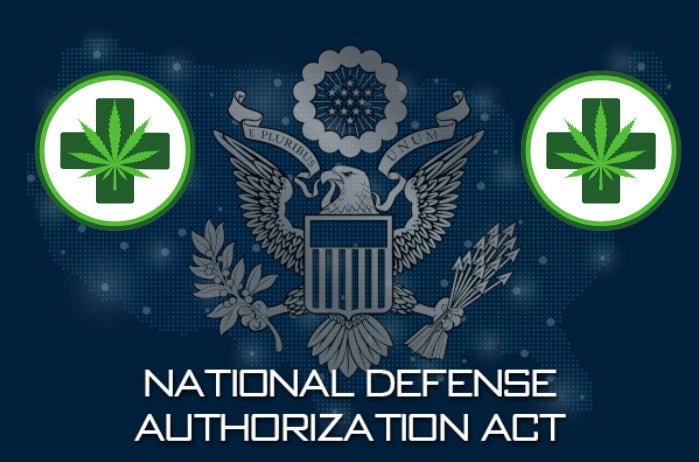The social media giant will now permit ads for non-ingestible CBD products and loosened its restrictions on hemp ads.

It remains to be seen if Facebook founder Mark Zuckerberg and the embattled Twitter owner Elon Musk will enter the octagon later this year in a literal fight to see who the world’s toughest tech billionaire is. However, with the launch of the self-proclaimed "Twitter Killer" Threads app, the Meta CEO seems to be preparing to battle with his South African-born nemesis, at least in the online and virtual ring.
With each of the former boy geniuses smarting from colossal financial and technical flops over the past couple of years, both men seem determined to add wins of any kind to their side of the social media scoreboard. To that end, this week, Meta, which owns Facebook, Instagram, and the aforementioned Threads, announced an update to its policy concerning CBD products and hemp ads.
According to multiple media outlets, on July 11, Facebook posted an announcement detailing Meta's new policy on CBD and related products in the U.S., Canada, and Mexico and changing some of the language from hemp to CBD. The modifications will loosen the advertising rules for producers of non-ingestible CBD products on all of Meta's social media platforms.
"We are renaming our advertising policy Hemp & Related Products to CBD & Related Products and allowing the promotion of legally permissible, non-ingestible CBD in the U.S., with some restrictions," the company said in a statement.
"We are renaming our advertising policy Hemp & Related Products to CBD & Related Products and allowing the promotion of legally permissible, non-ingestible CBD in the U.S., with some restrictions."
- Meta Corporate Statement on Changes in Ad Policy for CBD and Hemp Items
In addition to the changes for CBD items, the company also updated its policies for advertising hemp fiber and food seed products by eliminating the requirement for written pre-approval. Under the updated guideline changes, CBD ads will only be allowed in the U.S. market. At the same time, food and fiber advertising will be permitted in the U.S., Canada, and Mexico so long as the products comply with local laws and rules.
While this is a significant step in the right direction in the eyes of many industry advocates and stakeholders, the changes stop short of allowing for ads promoting CBD extracts, gummies, and other oral forms of the hemp derivative. In effect, only topical items, primarily sold as health and beauty aids, will fall under the new types of approved advertising.
According to the policy changes for CBD enacted last month but only publicly announced on Tuesday:
- Products offered must contain less than the federal limit of 0.3% THC.
- Advertising may not contain any claims that the products can "treat, cure, prevent, mitigate or diagnose a disease or medical condition in humans or animals."
- Businesses must receive prior written approval from Meta to place advertisements.
- Ads may not target consumers under 18.
For companies marketing topical CBD products to utilize the various Meta platforms for advertising purposes, their offerings must receive certification from the payment compliance company LegitScript, which Google also uses. As part of the updated policy, businesses can also run hemp-related ads that "educate, advocate, or give public service announcements related to CBD and related products."
Unfortunately, Meta's ban on ads for THC products will remain firmly in place. A spokesperson for the company reiterated that stance in an interview with High Times by saying, "Advertisers will continue to be prohibited from running ads that promote THC products or cannabis products containing related psychoactive components. Additionally, advertisers can only run ads that promote or offer the sale of legally permissible, non-ingestible CBD products that don't contain more than 0.3% THC."
"Advertisers will continue to be prohibited from running ads that promote THC products or cannabis products containing related psychoactive components. Additionally, advertisers can only run ads that promote or offer the sale of legally permissible, non-ingestible CBD products that don't contain more than 0.3% THC."
- Meta Spokesperson
This change in policy by no means transforms Meta into a more progressive platform for cannabis legalization activists. If anything, the update demonstrates the gradual breakdown of resistance to products that have been legal at the state and federal levels since the passage of the 2018 Farm Bill. However, it is an essential step in the right direction.
As more and more states legalize recreational marijuana and the federal government inches closer and closer to ending the federal ban on cannabis, influential platforms like those owned and operated by Meta will need to maintain a competitive gaze toward a future that will see ads for marijuana-related products become as ubiquitous and commonplace as those for alcohol and other popular and legal items.








































